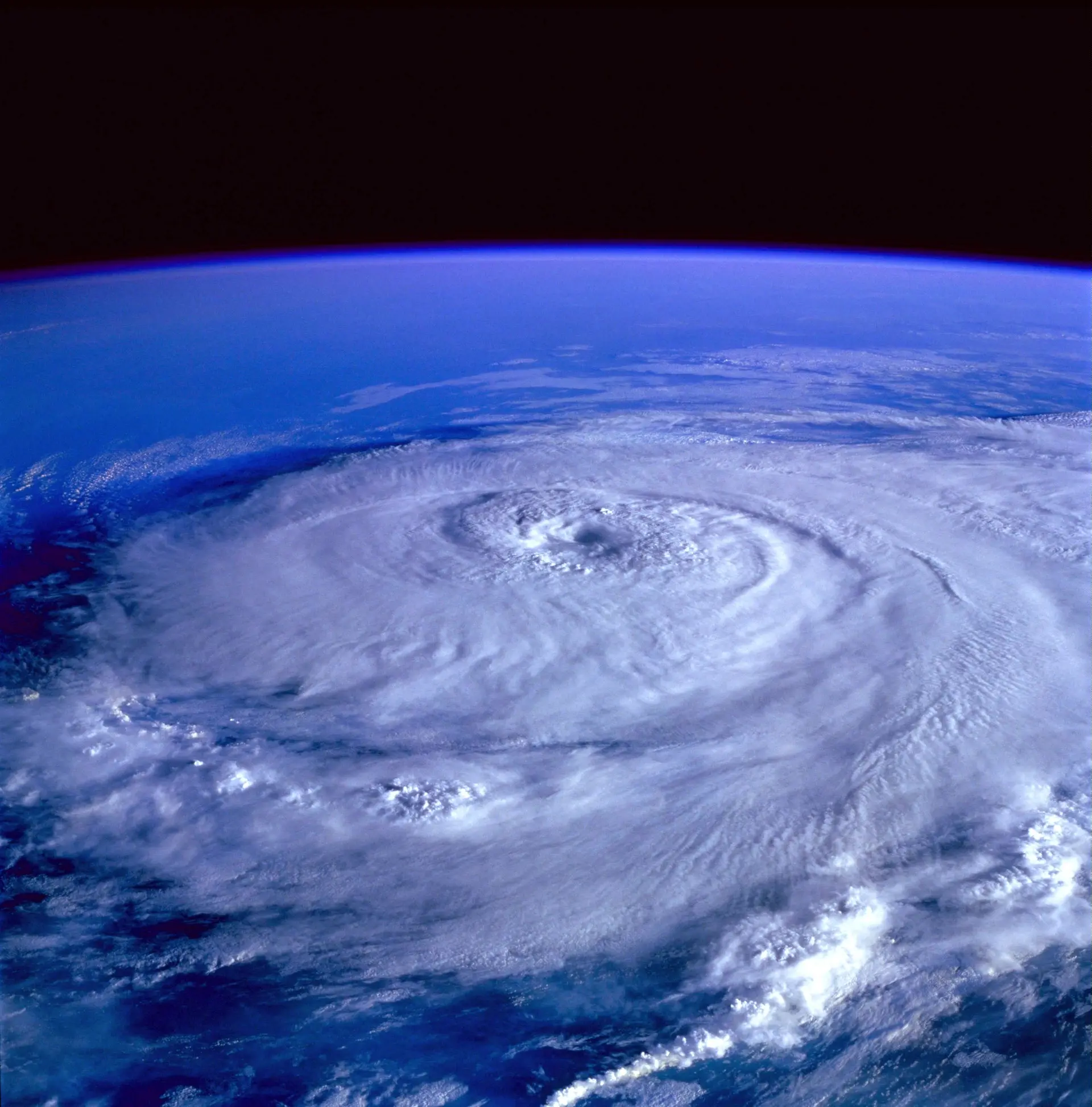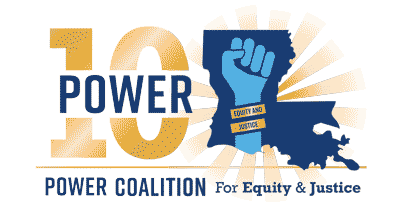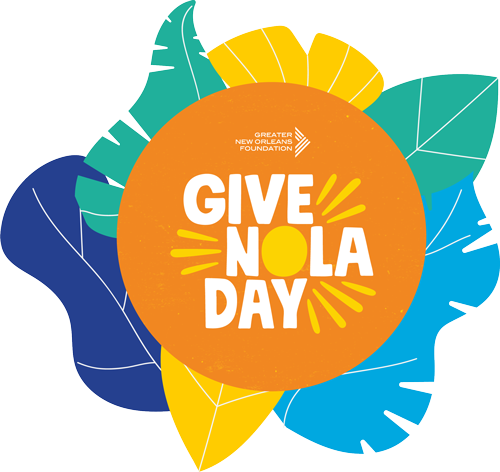
OPINION: It is imperative that groups seeking to offer humanitarian relief direct funds to grassroots groups who are clNonprofits and churches are always the first, and often the only, to step up and provide basic needs during disasters.
By Janea Jamison
Originally published in Word in Black
On the 16th anniversary of Hurricane Katrina, Hurricane Ida landed as a Category 4 storm and created long-lasting havoc throughout the gulf coast of Louisiana. Winds reached 145 MPH as Louisianians watched as their homes and communities were destroyed in a matter of minutes.
National attention quickly switched as Hurricane Ida reached New York and New Jersey, impacting communities that are not typically the frontline for climate change. Louisiana’s location and climate put its communities at risk, and when New Orleans did not face catastrophic damages, it felt like people stopped watching.
During hurricanes, people tend to be hyper-focused on New Orleans because of the legacy of Hurricane Katrina, but communities along coastal Louisiana and Bayou LaFourche were decimated. People have been stripped of their livelihoods. Neighborhoods are covered in pieces of homes, uprooted trees and debris; people are waiting in gas lines over a mile long; grocery stores have limited meat and produce; and over 100,000 people are without power in the unrelenting Louisiana heat two weeks later.
Despite those challenges, people are returning home because they have exhausted emergency funds during evacuation.
The folks in New Orleans are hurting and lack basic resources weeks later; however, the impact of this disaster is much bigger than New Orleans.
Less than 30 miles from New Orleans, LaPlace, Louisiana – a city of about 30,000 people – has been without power for weeks, with many residences completely destroyed by floodwaters and even more that will need extensive renovations to be habitable again. In nearby Terrebonne Parish, it is a similar story with the additional challenge of both parish hospitals being evacuated due to storm damage. Communities in St. James Parish are just starting to regain power, but the recovery process will be slow.
People don’t live single-issued lives – communities are still healing from the impacts of COVID-19, unemployment, homelessness and now disaster recovery. These same communities that are the frontlines for climate change are battling petrochemical plants that cause some of the most toxic air in the nation and spilled into floodwaters during the storm.
People have not recovered from previous storms, current pandemics and environmental toxins that are threatening their health. Federal assistance and programs are slow-moving or unavailable to those who need it most. Amid the turmoil, nonprofit groups have been able to provide relief to those impacted in various communities throughout Louisiana through a comprehensive mutual aid and community organizing structure while also recovering themselves.
But, as I evacuated my own home, waited on hold with my insurance company and was denied federal assistance for my losses while coordinating response efforts for my community, I found myself asking: Why is it that the directly impacted nonprofit organizations and churches are always the first, and often the only, to step up and provide food, water, ice, gas, clothing and other basic needs during disasters?
Yes, as an advocate and change agent, I am passionate about serving others, regranting dollars directly to other organizations on the ground to provide mutual aid – but it is mentally exhausting living in a continual cycle of the wounded assisting the wounded. Folks who are hurting should not have to depend solely on nonprofit organizations to step up when the government fails them during natural disasters. Funding should be disbursed equitably across the state, not just in the cities that others can find on a map.
I urge leaders to create a plan and respond differently for the remaining two months of hurricane season. Our collective response to recovery needs to change. We must center people and identify the various demographics and regions throughout the state and the different vulnerabilities of each area. Louisianians have suffered enough; we need people-centered policy and solutions. We need federal assistance and response in every corner of the state.
Janea Jamison is an advocate, author and program director for Power Coalition for Equity and Justice.

